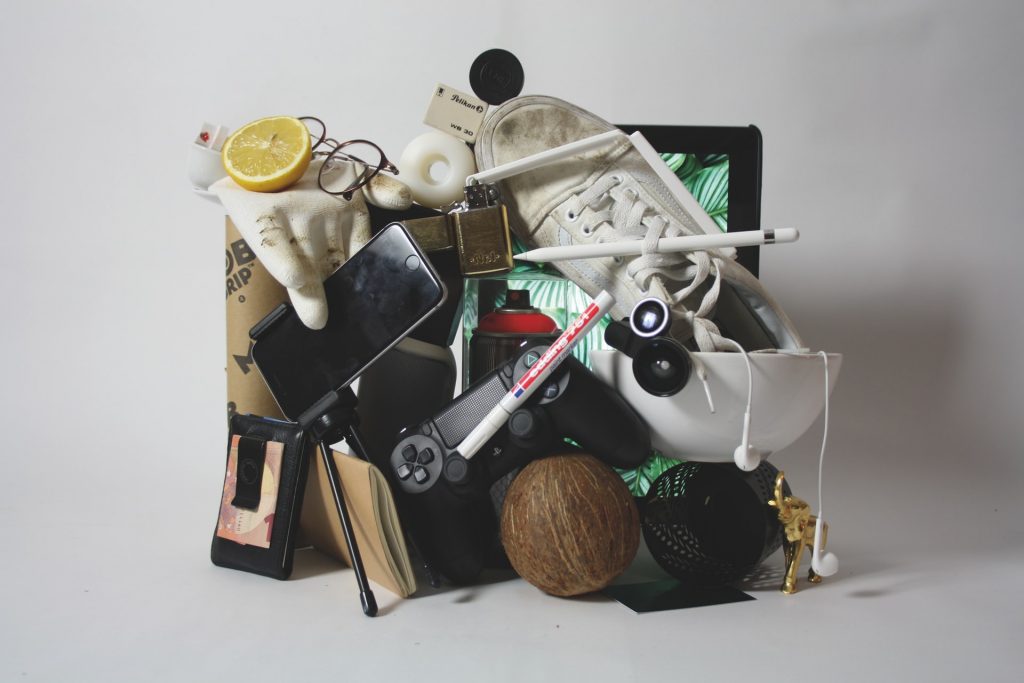Exploring America’s Historic Thirst for Crap
In her new book “Crap: A History of Cheap in America,” author Wendy A. Woloson explores our centuries-long ties to purchasing cheap items.

In Wendy A. Woloson’s new book “Crap: A History of Cheap Stuff In America,” she connects our present day consumption of cheap knick knacks and gadgets back to the 18th century to reveal a centuries-long psychological connection behind our collective obsession with things we often don’t really need.
“Studying something like crap reflects what we want, what we hope to have but what we can never quite achieve.” — Wendy A. Woloson, author
“After the war of 1812, there was an embargo that really limited the kind of consumer goods that came to American markets,” says Woloson, who is an associate professor of history at Rutgers University-Camden.

“After that, there was a flood of goods coming in from Great Britain – often things that couldn’t be sold on the British market like textiles with sedated colors or knives made out of shoddy metal,” adds Woloson. These were “things that the British weren’t interested in buying, so they shipped them over here. Americans bought this stuff up like crazy.”
Identifying the legacy of free giveaways and gadgets as examples of items that have charmed the concept of consumer junk for decades, Woloson says that these are items that have a multi-tool functionality or things that only have one very specific use but aren’t quality.
For that reason, they become part of the miscellaneous pile of things that we view as trash.
Even when there’s an inkling that the thing won’t last past the impulse of the moment, the allure of having “crap” still strongly exists.
Wolosan says that can be attributed to the psychological side of things that threads the nation’s storied relationship with junk.
“It really shows our desires, anxieties and impulses,” says Woloson, who published her latest book via the University of Chicago Press. “Studying something like crap reflects what we want, what we hope to have but what we can never quite achieve. I don’t know if it’s a happy story, but it certainly tells us a lot about materialism that is in our culture.
Trusted, accurate, up-to-date
WDET is here to keep you informed on essential information, news and resources related to COVID-19.
This is a stressful, insecure time for many. So it’s more important than ever for you, our listeners and readers, who are able to donate to keep supporting WDET’s mission. Please make a gift today.
